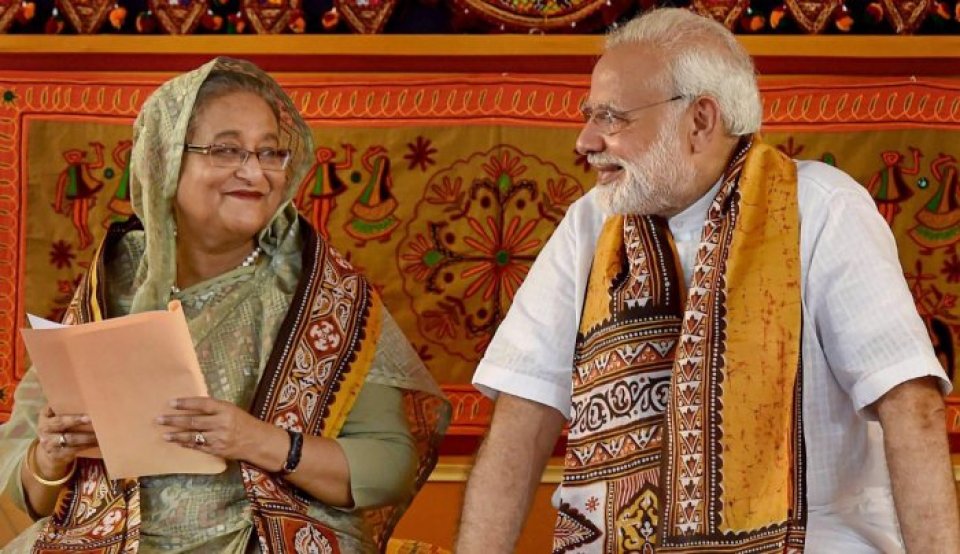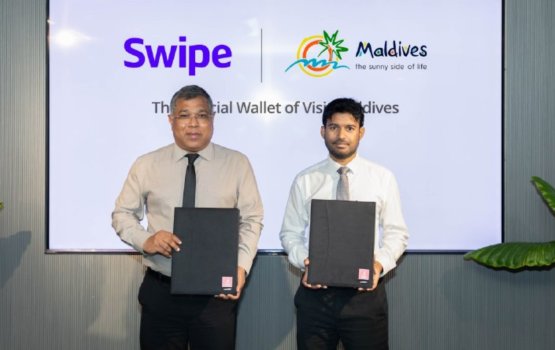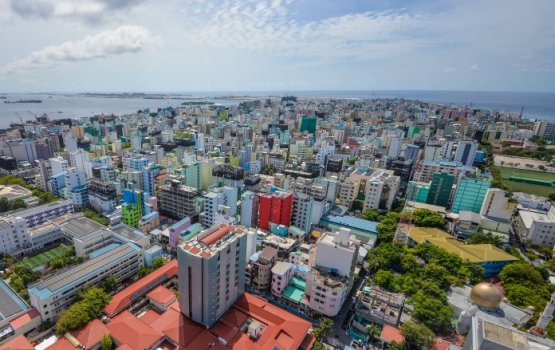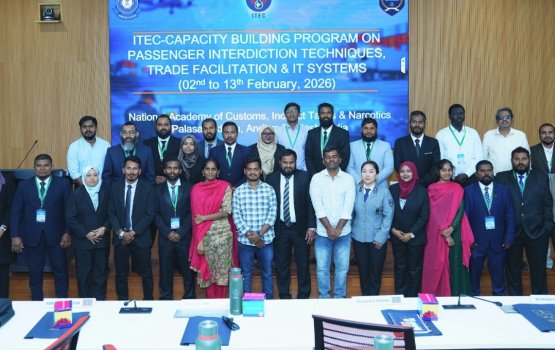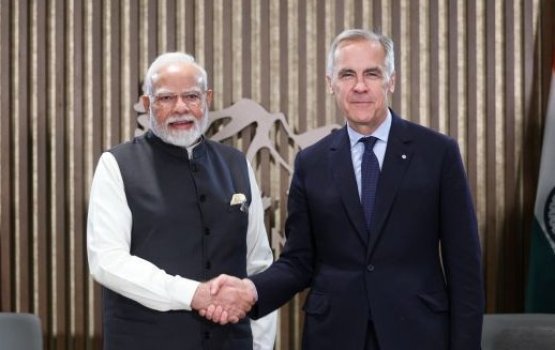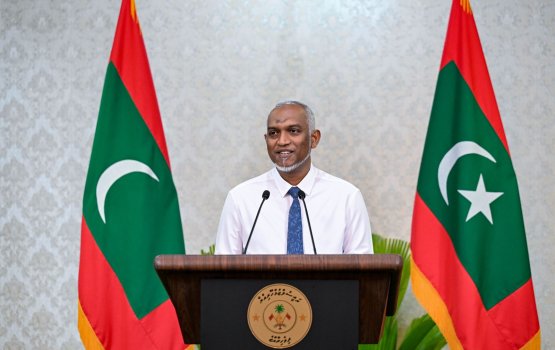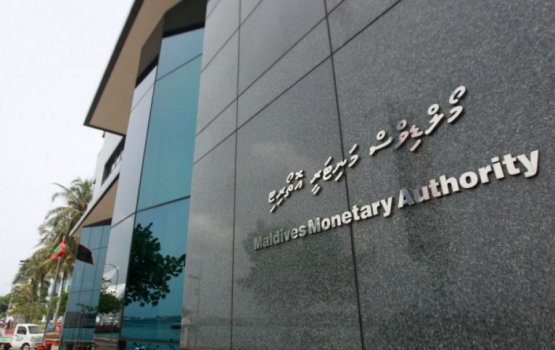Bilateral summits and conversations at the political and official levels have expanded under the leadership of Indian Prime Minister Narendra Modi and Bangladeshi Prime Minister Sheikh Hasina, strengthening the two countries' bonds even more.
On September 6, 2022, Indian Prime Minister Narendra Modi and Sheikh Hasina signed numerous key agreements that strengthened the bilateral cooperation between the two countries.
Water Sharing from the Kushiyara River An agreement was made to withdraw water from the cross-border Kushiyara River. This new bilateral agreement between India and Bangladesh on water sharing from the Kushiyara River is an important step in improving cooperation between the two adjacent countries, benefiting southern Assam in India and the Sylhet region of Bangladesh.
The agreement details the procedure for taking water from the cross-border Kushiyara River. By establishing a fair and controlled water-sharing arrangement, both countries hope to promote sustainable development and handle regional water-related issues. This water-sharing deal was successfully negotiated, reflecting India and Bangladesh's spirit of cooperation and diplomacy.
Space Technology Cooperation Both countries have pledged to collaborate in space technologies.
This collaboration intends to encourage progress in this crucial sector. Both countries agreed to expand on India and Bangladesh's 2017 Memorandum of Understanding (MoU) on cooperation in the peaceful use of outer space.
The MoU allows for collaboration in space science, technology, and applications such as Earth remote sensing, satellite communication, satellite-based navigation, space science, planetary exploration, and the utilization of spacecraft and space systems.
The collaboration extends to ground systems for space technology. The new agreement is intended to promote advances in space-related research and applications.
Railways and IT Systems The Indian Railways has taken major initiatives to improve cooperation with Bangladesh Railway. Two Memorandums of Understanding (MoUs) were signed between the two countries to promote collaboration in training and information technology (IT).
The initial MoU focuses on training. Under this cooperation, Indian Railways would train Bangladesh Railway workers. Seminars, workshops, classroom sessions, and field training will all be provided at Indian institutes.
Furthermore, Indian officials would help set up and improve training facilities in Bangladesh. The purpose is to improve railway employees' skills and knowledge, resulting in more efficient operations and better service delivery. The second MoU concerns IT systems. Its goal is to provide information technology solutions for various aspects of the Bangladesh Railway. The solutions that will be implemented by the Centre for Railway Information Systems (CRIS) include:
These coordinated activities are critical for improving rail connection between India and Bangladesh, stimulating economic growth, and encouraging efficient cross-border transit.
Training and Broadcasting Training for Bangladesh Railway staff and Bangladeshi judicial authorities in India can help them advance professionally. Furthermore, Prasar Bharati and Bangladesh Television want to collaborate in broadcasting.
Thermal Power Project Indian Prime Minister Narendra Modi and Bangladesh Prime Minister Sheikh Hasina together announced the Maitree Super Thermal Power Project (STPP), a substantial power sector collaboration between the two countries. The Maitree STPP is a 1,320 MW coal-fired power plant now under construction in Rampal, Bangladesh, on a 1,834-acre site along the Passur River, about 14 kilometers from the Sundarbans.
The project is being developed by the Bangladesh India Friendship Power Company (BIFPCL), a 50/50 joint venture between India's state-run National Thermal Power Corporation (NTPC) and the Bangladesh Power Development Board (BPDB).
This cooperative endeavor intends to provide Bangladesh with much-needed electricity while also strengthening the two neighbouring countries' bilateral connection. The project is being funded by a £1.3 billion ($1.6 billion) loan from the Export-Import (EXIM) Bank of India. BIFPCL signed a financing arrangement with the EXIM Bank of India in March 2017.
In July 2016, Bharat Heavy Electricals Limited (BHEL) was awarded an engineering, procurement, and construction (EPC) contract for the plant valued at £1.15 billion ($1.5 billion). In May 2017, BHEL subcontracted GE, a worldwide technology corporation, to supply pressure part components for the project.
The Maitree Super Thermal Power Plant's operation will improve Bangladesh's energy security while also strengthening regional connectivity and energy security. Rupsha Railway Bridge The 5.13-kilometre Rupsha rail bridge, built with an Indian line of credit, was also inaugurated. It is a critical component of the Khulna-Mongla port wide gauge railway project, which improves connectivity with Mongla, Bangladesh's second-largest port.
The bridge was built in collaboration between Bangladesh Railway and Indian Larsen & Toubro Limited. It is critical to improve connectivity and accessibility to the Mongla Port, facilitating cargo transit and expanding market access for local enterprises, particularly agricultural produce from the region's farmers. Its inauguration has increased people-to-people communication and regional economic integration between the two countries.
Concessionary Loans and Advances India has donated USD 9.5 billion in concessional loans for Bangladesh's various development projects. India is funding railway connectivity projects in Bangladesh. Notably, this effort includes train linkages between Khulna and Dhaka, as well as Chilahati and Rajshahi. Another key project involves facilitating fuel transportation via the Parbatipur-Kaunia rail line.
Defense Procurement Indian Prime Minister Narendra Modi and Sheikh Hasina expressed pleasure with the strengthening of bilateral defense cooperation. They also agreed that projects under the defence line of credit should be completed as soon as possible, which would benefit both countries. An MoU was inked by India's Defence Services Staff College and Dhaka's Defence Services Command and Staff College to strengthen strategic and operational collaboration. Another Memorandum of Understanding was signed by Dhaka's National Defence College and India's National Defence College to enhance collaboration in national security, development, and strategic studies.
Development of Fairway An MoU was signed to build the fairway from Sirajganj to Daikhowa and Ashuganj to Zakiganj on the Indo-Bangladesh Protocol route. India's commitment to human resource development in Bangladesh indicates a common goal of advancement and collaboration. Human resource development is a critical component of India's development assistance efforts in Bangladesh, with various continuing training courses and scholarships. India has made remarkable efforts in Bangladesh's human resource development, hence contributing to the country's growth and prosperity. Bangladeshi students can receive scholarships to pursue higher education at Indian colleges.
The Indian Council for Cultural Relations (ICCR) offers scholarships for undergraduate, postgraduate, and doctorate study. These scholarships cover a wide range of professions, including engineering, medicine, the arts, and social sciences. Since 2019, India has been educating 1800 Bangladesh civil service officials at the National Centre for Good Governance (NCGG) in Mussoorie. India promotes capacity building in the healthcare industry. Medical camps, training workshops, and exchange programs help healthcare professionals.
Initiatives such as the Bangladesh-India Friendship Hospital in Dhaka provide high-quality healthcare services. Furthermore, India and Bangladesh are preparing to begin negotiations on a Bilateral Comprehensive Economic Partnership Agreement (CEPA).
The CEPA intends to reduce the trade deficit between the two countries by focusing on products, services, and investment. India enjoys its robust trading relationship with Bangladesh, one of its top export markets. The expansion of border connection and commercial infrastructure is expected to benefit both countries' economies.
In conclusion, the relationship between India and Bangladesh is marked by mutual respect, common interests, and a commitment to expanding collaboration across all sectors. (Bangladeshnews)

